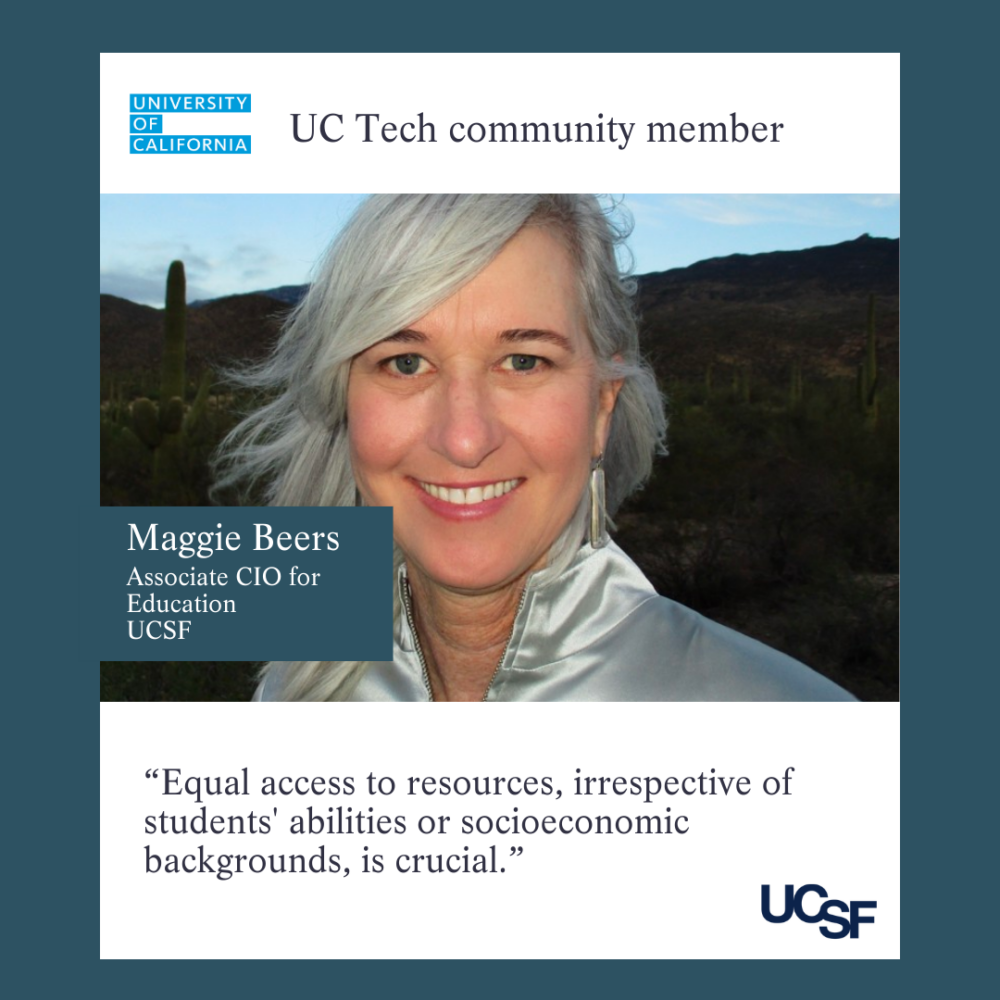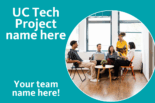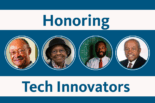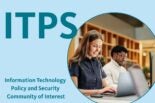By Brendon Phuong. The UC Tech news team interviewed Maggie Beers, Associate Chief Information Officer for Education, UCSF, who provided background on her remarkable career, spanning language, culture and tech, and her new position at UCSF.
An international career at the intersection of language, culture and….emerging internet technologies
My career in higher education began in the classroom, as a power user of audiovisual technologies in my Spanish and English language and literature classes. After teaching in Spain, Mexico, and France, I moved to Canada to pursue a PhD in Modern Language Education, where I focused on the intersection of language, culture, and emerging internet technologies. Now, as the associate chief information officer for education, I approach technology initiatives with a pedagogical focus by prioritizing learner success, supporting and empowering faculty, and ensuring equitable access to user-friendly teaching environments. With experience in applied research, faculty development, and the oversight of learning technologies at San Francisco State, I bring this experience to UCSF to help address the unique challenges of graduate biomedical and health professions education, while championing effective teaching practices.
Podcast caption: Beers describes how she and her education technology (EdTech) team ensure the safety and accessibility of their educational platforms by creating a seamless environment that lies underneath the learning management system. This environment is based on the integration of data, analytics and numerous technologies.
What are the fundamentals of Education Technology (EdTech)?
- Supporting every step: I believe in a comprehensive approach to EdTech, ensuring students receive support from the moment they consider admission to shaping their career paths, and even beyond, addressing their health and personal needs along the way.
- Seamless connectivity: My vision of EdTech transcends traditional classroom tools. I emphasize the importance of systems communicating effortlessly, utilizing data and analytics securely, and enabling a smooth single sign-on experience, enhancing the educational journey.
- Diverse community focus: I’m committed to social justice through EdTech. By preparing learners for a wide range of careers and prioritizing underserved communities, I aim to create an inclusive environment where all students can thrive and feel a sense of belonging.
- Purposeful career development: My approach to EdTech extends to shaping career outcomes. I aim to ensure that graduates are not just well-prepared professionals, but individuals who contribute meaningfully to their communities, especially in critical areas like healthcare.
- Accessible learning for all: My vision for EdTech centers on equity and access. I aim to provide universal access to the tools and experiences that support every student’s needs, regardless of background or ability, and actively promote feelings of inclusion and belonging.
The Importance of Digital Equity
Digital equity is an important concern in my role at UCSF. Equal access to resources, irrespective of students’ abilities or socioeconomic backgrounds, is crucial. The US Department of Education defines digital equity through availability, affordability, and ease of adoption. In our UCSF context, we add the need for accessibility for people with disabilities, and security to protect the personal data of our students. Currently, I’m prioritizing digital equity within our five-year digital transformation roadmap, addressing disparities in resources across programs. This mirrors broader societal trends and underscores our commitment to social justice.Ongoing input on this comprehensive approach is valued.
What am I focusing on right now at UCSF?
(1) Ensuring success for every student:
- Goal Sharing and Organizational Support: A crucial aspect of my role involves addressing the question of how to guarantee success for every student. This entails aligning goals and securing organizational support to facilitate effective implementation.
- Resource Support: We consider the provision of necessary resources such as help desk services, instructional designers, and video producers. These support structures contribute to creating a conducive learning environment.
(2) Multimodal Instruction and Resilient Design:
- Expanded Learning Modalities: The evolution of education extends beyond traditional methods. We delve into multimodal instruction, encompassing in-person, hybrid, and fully online learning. However, the focus extends beyond these modalities to accommodate resilient design principles.
- Inclusive Remote Access: The aftermath of the pandemic emphasized the importance of remote access to student services. This inclusivity facilitates learning for individuals with disabilities or facing other barriers, ensuring everyone has equal opportunities.
(2) Changing Education Landscape:
- Holistic Admissions Approach: Our approach to admissions moves beyond traditional standardized tests, embracing a holistic assessment of students. We consider diverse factors, including a student’s background, potential, and access to opportunity, aiming to create a more inclusive student body.
- Curriculum Management: The traditional semester-based curriculum model shifts towards competency-based assessment. This approach ensures that students master competencies, skills, and attitudes, moving beyond mere completion of courses.
- Collaborative Experiential Learning: Education transcends disciplinary boundaries. Collaborative experiential learning is encouraged, involving professionals from various fields, such as physicians, dentists, psychiatrists, and physical therapists. This interprofessional approach enhances the learning experience and mirrors real-world scenarios.
(3) Technology Implementation:
- Building Digital Equity and Resilience: Our focus centers on leveraging technology to establish digital equity and resilience. This includes strategies to bridge gaps in access, promote inclusivity, and safeguard against disruptions to learning.
- Technology Upgrades: We’re actively upgrading our technology suite to enhance learning experiences. This involves evaluating and implementing tools and services that align with our vision of equitable and resilient education.
The Importance of having a forward-looking vision for the future
Having a forward-looking vision is essential in my role and supportive leaders committed to education, like our CIO Joe Bengfort, help me achieve this vision. As the main advocate for education technology in central IT, I’m establishing a dedicated team and accountability structure. Under Joe’s guidance, I’m sharing a comprehensive five-year roadmap aligning education tech with broader IT infrastructure needs. This shift centralizes funding and decision-making, ensuring a strategic and sustainable approach. Our focus is to define core systems, from engagement tools to data management, and create an equitable tech ecosystem. This vision promotes long-term funding stability, avoiding technical debt, and promoting innovation for our institution’s future growth.
AI in the Health and Academic Settings
AI already plays a significant role in our health center, enhancing healthcare delivery, and UCSF is actively engaged in discovering meaningful, transformative and ethical applications across all of our missions, including education. Notable uses already include AI for simulation labs and experiential learning, such as simulating patient interactions as part of intercultural training to address biases and provide anti-racist education. In this example, virtual reality and augmented reality are used to simulate experiences, such as understanding a BIPOC patient’s perspective. Looking ahead, we aim to dramatically expand our use of simulations and other AI applications to further enhance our educational approach to ensure equitable access to excellent health care for the communities we serve.
Contact
Maggie Beers
Associate Chief Information Officer for Education
UCSF
Author
Brendon Phuong
Marketing & Communications Intern
UC Office of the President







